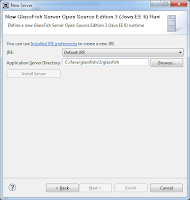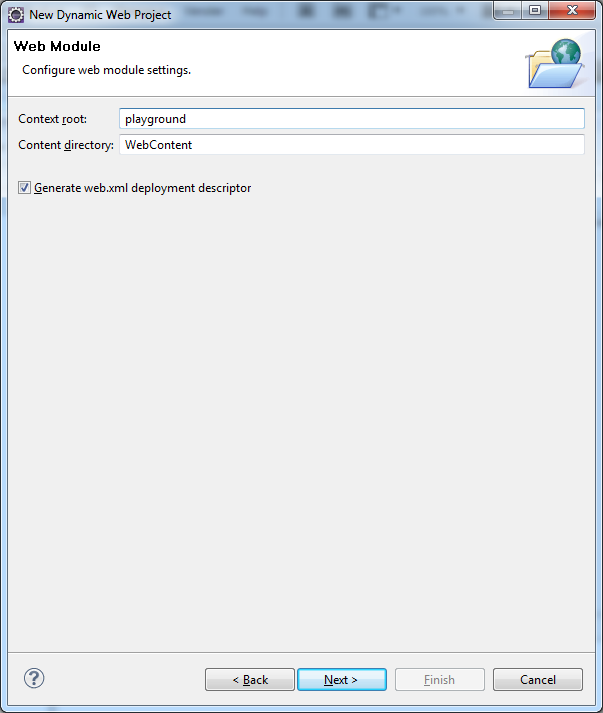
When using a regular expression or grep tool like PowerGREP or the search function of a text editor like EditPad Pro, you should not escape or repeat the quote characters like you do in a programming language. If you are a programmer, you may be surprised that characters like the single quote and double quote are not special characters. Special Characters and Programming Languages Boost supports it outside character classes, but not inside. Java 4 and 5 have bugs that cause \Q … \E to misbehave, however, so you shouldn’t use this syntax with Java. This syntax is supported by the JGsoft engine, Perl, PCRE, PHP, Delphi, Java, both inside and outside character classes. The \E may be omitted at the end of the regex, so \Q *\d+* is the same as \Q *\d+* \E. \Q *\d+* \E matches the literal text *\d+*. All the characters between the \Q and the \E are interpreted as literal characters. Some flavors also support the \Q … \E escape sequence. \d is a shorthand that matches a single digit from 0 to 9.Įscaping a single metacharacter with a backslash works in all regular expression flavors. The backslash in combination with a literal character can create a regex token with a special meaning. That is because the backslash is also a special character. std::regex and Ruby require closing square brackets to be escaped even outside character classes.Īll other characters should not be escaped with a backslash. Those are discussed in the topic about character classes. Different rules apply inside character classes. ] is a literal outside character classes. Boost and std::regex require all literal braces to be escaped. Java requires literal opening braces to be escaped. So you generally do not need to escape it with a backslash, though you can do so if you want.
Grep special characters plus#
, the vertical bar or pipe symbol |, the question mark ?, the asterisk or star *, the plus sign +, the opening parenthesis (, the closing parenthesis ), the opening square bracket [, and the opening curly brace. In the regex flavors discussed in this tutorial, there are 12 characters with special meanings: the backslash \, the caret ^, the dollar sign $, the period or dot. Special Charactersīecause we want to do more than simply search for literal pieces of text, we need to reserve certain characters for special use.

cat does not match Cat, unless you tell the regex engine to ignore differences in case. Note that regex engines are case sensitive by default. This is like saying to the regex engine: find a c, immediately followed by an a, immediately followed by a t.
Grep special characters series#
This regular expression consists of a series of three literal characters. Similarly, the regex cat matches cat in About cats and dogs. In a programming language, there is usually a separate function that you can call to continue searching through the string after the previous match. In a text editor, you can do so by using its “Find Next” or “Search Forward” function. It only does so when you tell the regex engine to start searching through the string after the first match. If it matters to you, you will need to tell that to the regex engine by using word boundaries.

The fact that this a is in the middle of the word does not matter to the regex engine. If the string is Jack is a boy, it matches the a after the J. It matches the first occurrence of that character in the string. If the locale of your console is something similar to en_US.UTF-8.Īnd I am talking about the shell because it is the one that transforms a string into what the application receives.The most basic regular expression consists of a single literal character, such as a. It may not be obvious but in utf-8 it is represented by 0xe0 0xa4 0x85: $ /usr/bin/printf '\u0905' | od -vAn -tx1 It should be obvious that \U0905 is 0x09 0x05 in UTF-16 (UCS-2, etc)
Grep special characters code#
However, that character, which comes from a code point number could be represented by several byte streams depending of which code page is used. In bash (installed by default in Ubuntu), or directly with the program at: /usr/bin/printf (but not with sh printf), an Unicode character could be produced with: $ printf '\u0905' That character is U0905, part of this Unicode page, or listed at this page. The character at U-0900 is not the one you used: अ. I believe that what you mean to say is the hexadecimal UNICODE code point: U0905. The "hexadecimal" value 0x0900 you wrote is exactly the value of the UNICODE code point which is also in hexadecimal.


 0 kommentar(er)
0 kommentar(er)
